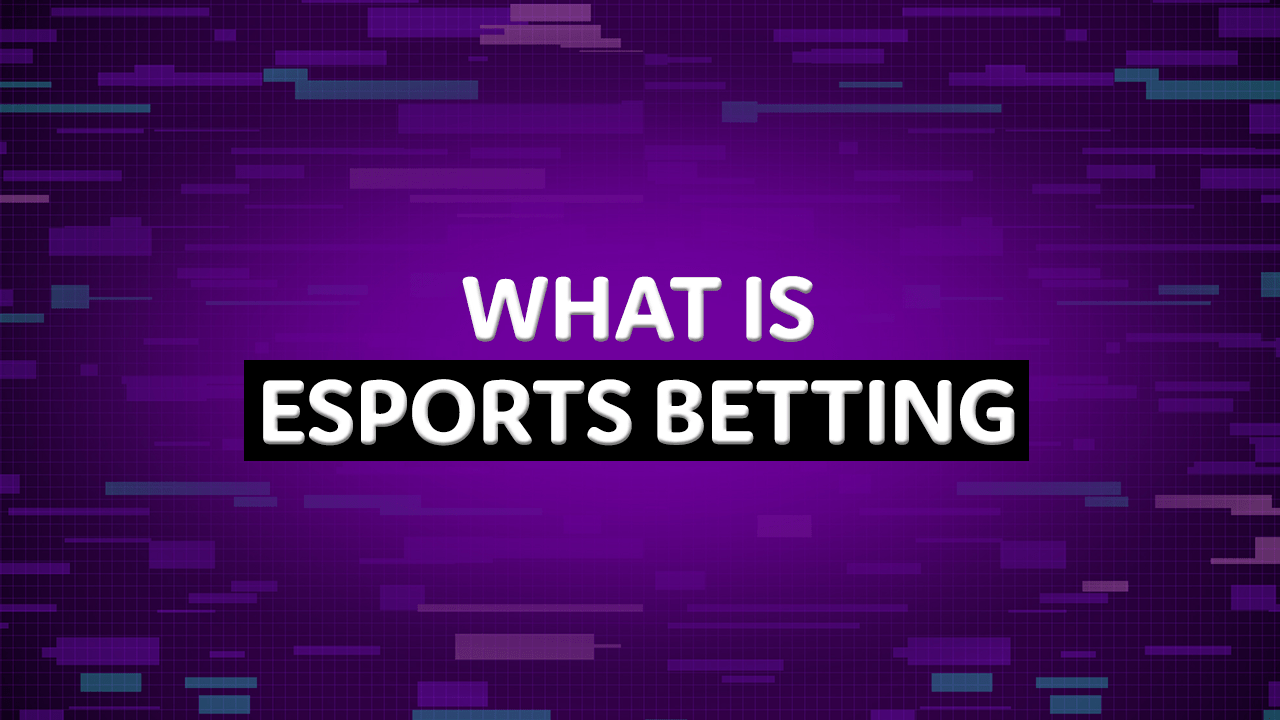The esports betting industry, for all its growth and potential, must navigate a minefield of unique and significant Esports Betting Market Challenges that could threaten its long-term stability and reputation. The most critical and persistent challenge is that of competitive integrity. Because esports competitions are entirely digital, they are vulnerable to a range of integrity threats that are less common in traditional sports. These include software cheats (like "aimbots" or "wallhacks"), Distributed Denial-of-Service (DDoS) attacks against players during live matches, and the ever-present risk of match-fixing. A single high-profile scandal involving a top team throwing a match for betting purposes can do irreparable damage to public and bettor trust in the legitimacy of the sport. While organizations like the Esports Integrity Commission (ESIC) are working tirelessly to combat these threats through education, monitoring, and sanctions, the challenge is ongoing. Maintaining a clean and fair competitive environment is a paramount and perpetual challenge that requires constant vigilance from game publishers, tournament organizers, and betting operators alike.
A second major challenge is the complex, inconsistent, and constantly shifting global regulatory landscape. Unlike a traditional sport with a unified governing body, esports is a fragmented ecosystem of different games owned by different publishers, and gambling laws vary dramatically from one country—and even one state—to another. This creates a compliance nightmare for operators wishing to offer a global service. They must navigate a patchwork of different licensing requirements, tax laws, and marketing restrictions. A particularly thorny issue is that of age verification. The core esports demographic skews much younger than that of traditional sports, and there is a significant overlap between the under-18 fan base and the legal gambling age. This places an immense responsibility on operators to implement robust and effective age-gating technologies to prevent underage gambling, an issue that attracts intense scrutiny from regulators and the public. The lack of a single, global regulatory standard makes compliance costly and complex and represents a significant barrier to entry and a constant operational challenge.
The third, and perhaps most unique, challenge is the industry's fundamental dependence on the game publishers. Companies like Valve (CS:GO, Dota 2) and Riot Games (League of Legends, Valorant) are the ultimate arbiters of their respective esports. They own the intellectual property and have total control over the game itself. This means they can release a software patch that completely changes the game's balance (the "meta") overnight, rendering weeks of statistical analysis obsolete and creating chaos for oddsmakers. More critically, a publisher could, at any time, decide to change its terms of service to prohibit or restrict betting on its game, or it could choose to partner exclusively with a single betting operator, effectively shutting competitors out of the market. This reliance on the whims of a third-party corporate entity, whose primary business is not betting but selling games, creates a level of platform risk that is unparalleled in traditional sports betting and represents a major strategic challenge for the long-term planning and stability of esports betting operators.






